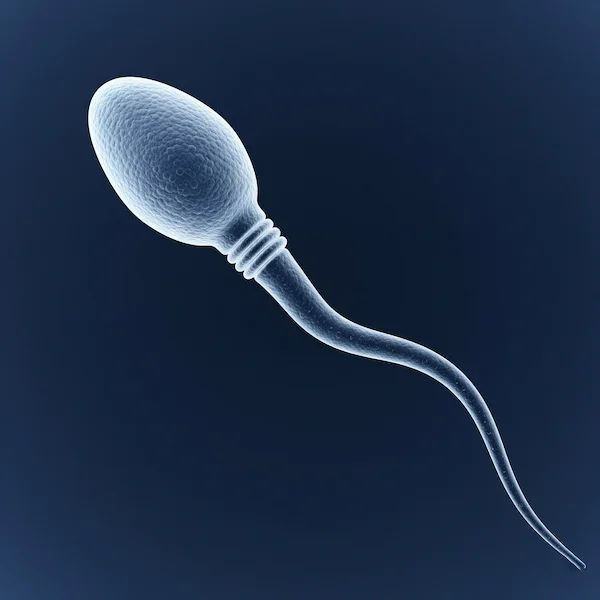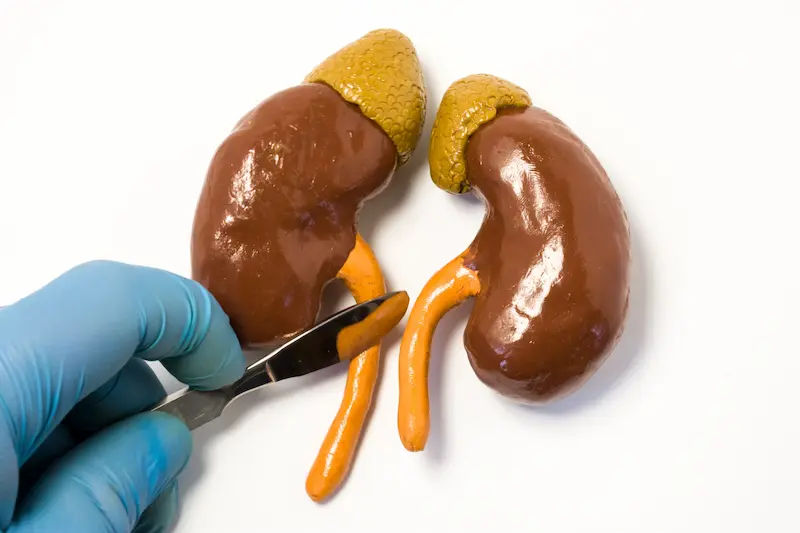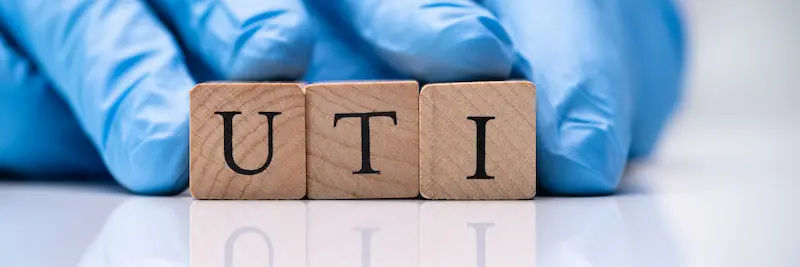- male
- 30 Years
- 14/08/2025
I've had a left side varicocele for about a year now and need microsurgery but most doctors in Maharashtra are suggesting open surgery instead. Do they use any magnification during open surgery or is microsurgery the better option here? Also, can you recommend specialists in Maharashtra who perform microsurgery for varicocele?
Answered by 1 Apollo Doctors
Microsurgical varicocelectomy, which uses magnification, is generally considered the preferred option for varicocele treatment due to its lower complication rates and higher success rates in preserving testicular function and fertility compared to open surgery. While open surgery may involve some magnification (loupes), it doesn't offer the same level of precision and visualization as a microscope used in microsurgery
Dr. Kamran Suggests...
Consult a Urologist
Answered 14/08/2025
0
0

More Urology Health Queries
View allI've been dealing with balanitis on my penis and it's been a real hassle. I try to keep the inside skin clean, but it keeps coming back. What's the best cream or treatment I can use to finally get some relief?
Thats unusual,visit General Physician for appropriate approach.and maintain balanced diet and healthy lifestyle
Answered by 1 Apollo Doctors
I recently got married and whenever I try to have sex with my wife, the skin on my penis hurts because it hasn't separated properly. I don't want to remove all the skin, just the top part that's attached to the penis. What would be the cost of that? What should I do, and if there's surgery required, how much would it cost?
It sounds like you may have a condition called **phimosis** or tight foreskin. A minor procedure like a **frenuloplasty** or partial circumcision can address this without removing the full skin. I recommend consulting a urologist for an evaluation. Costs can vary but are typically around 10,000-30,000 in most clinics, depending on the procedure and location.
Answered by 1 Apollo Doctors
What's the average cost for kidney stone removal surgery if the stone is 14.6 mm in my left kidney and there's also some swelling I've got a 14.6 mm stone in my left kidney and some swelling how much would surgery usually cost How much does it typically cost to remove a 14.6 mm kidney stone from the left kidney especially if there's swelling involved My left kidney has a 14.6 mm stone with swelling what's the estimated cost for surgery to remove it What's the price range for kidney stone surgery when the stone is 14.6 mm in the left kidney and there's swelling too
The cost of kidney stone removal surgery, especially for a 14.6 mm stone with swelling, can vary significantly depending on several factors, including the type of procedure and hospital. In India, the cost can range from approximately ‚Çπ50,000 to ‚Çπ2,00,000
Answered by 1 Apollo Doctors
Disclaimer: Answers on Apollo 247 are not intended to replace your doctor advice. Always seek help of a professional doctor in case of an medical emergency or ailment.





